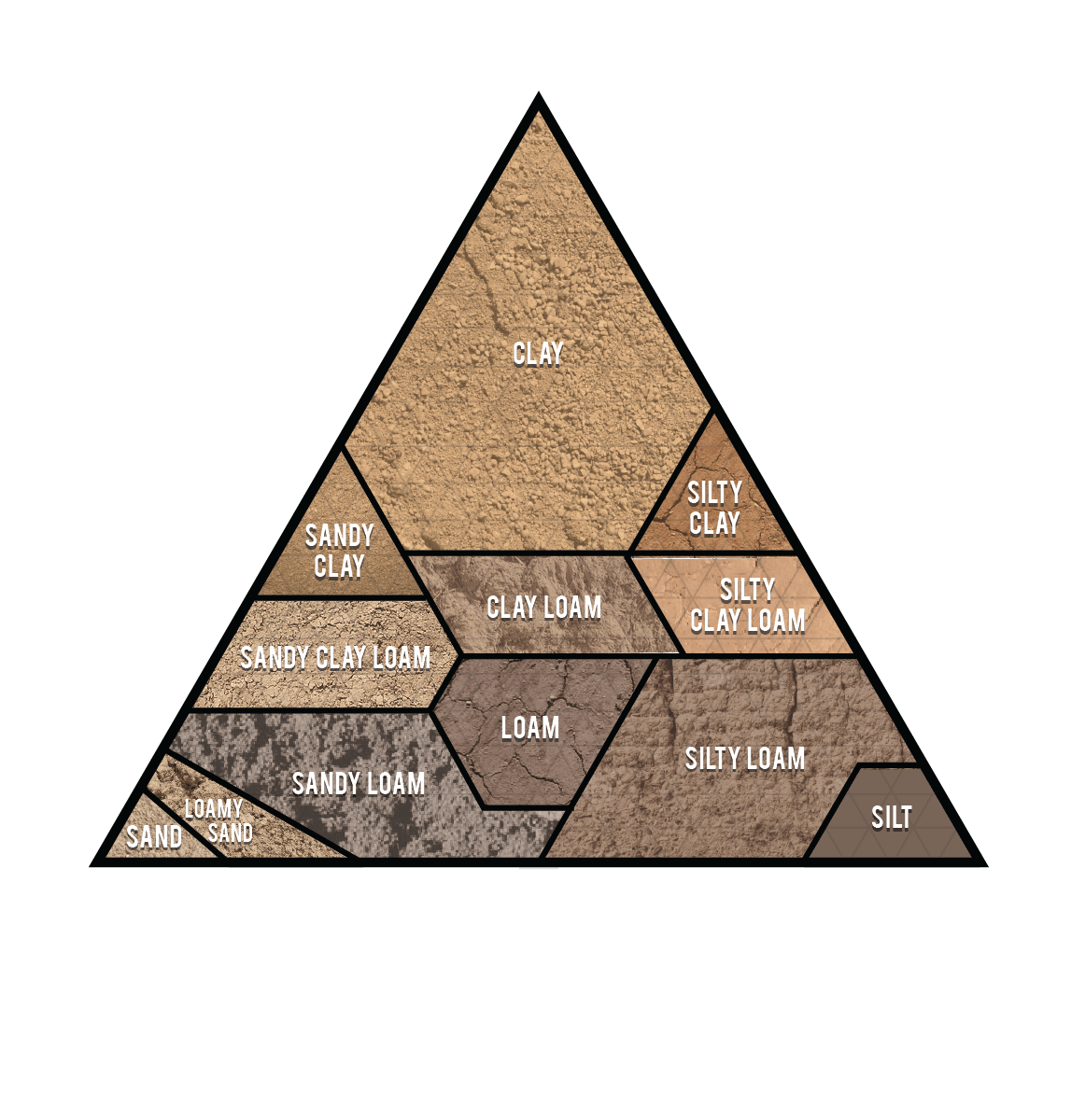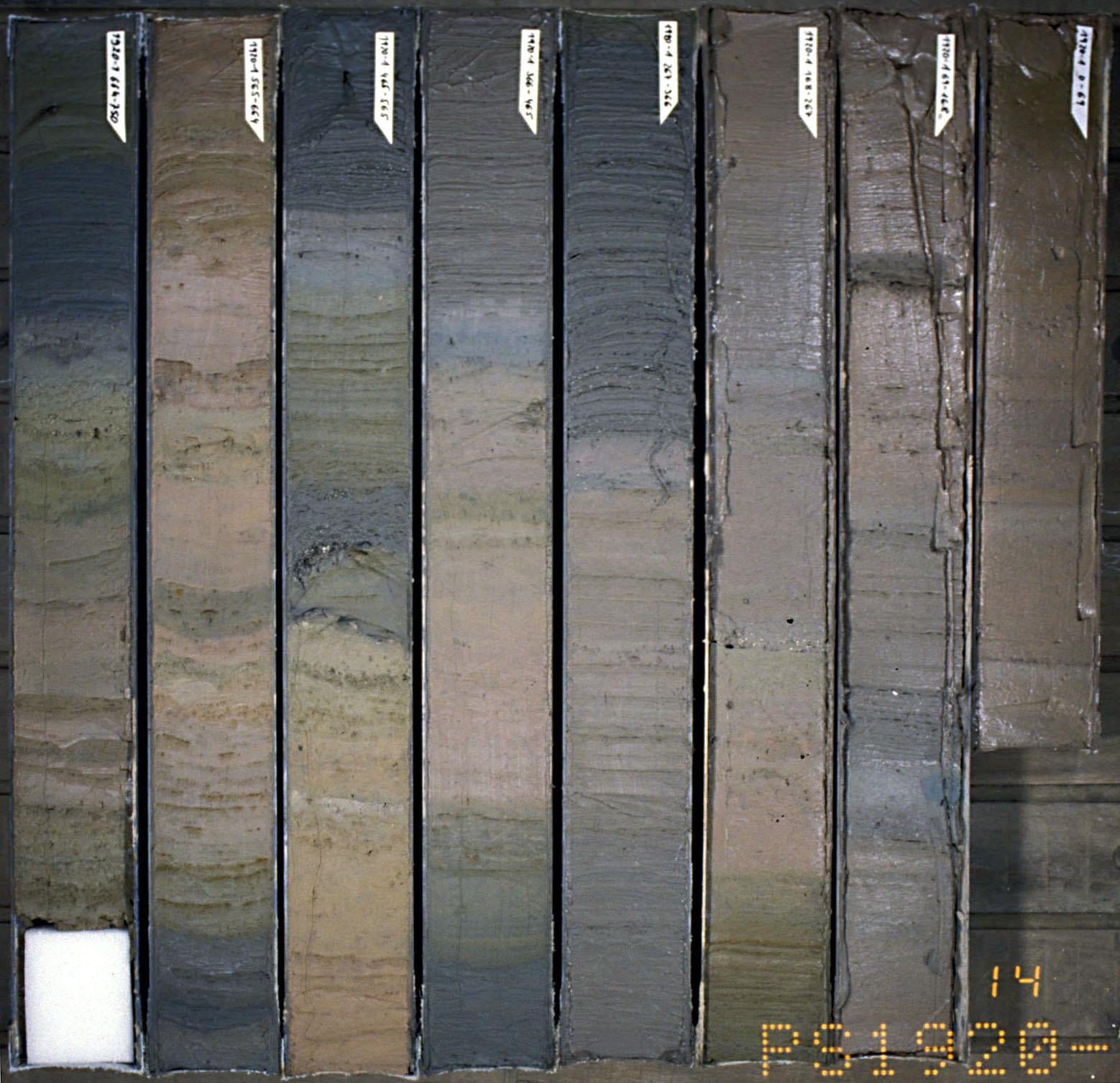University turnaround is pretty slow. Use a private environmental lab like Bureau Veritas.
On the sidebar, I link to CCME soil contaminants. That's a good place to start, however you probably don't have to test for all of them. I would definitely do metals, but unless you've reason to suspect chemicals you can probably do without it. Knowing your compost feedstock will help a lot with preliminary screening.
Bunch of leaves you raked up from your back yard? Don't need to check for glyphosate, given you know what they've been exposed to.
Random-ass organic amendment you got off some FB permaculture group? Test the shit out of it, just to be safe.
The reason I'm pushing you away from testing for organic compounds is that they are really expensive to test for. Metals are more common contaminants generally, and run about $40-80/sample, IIRC

